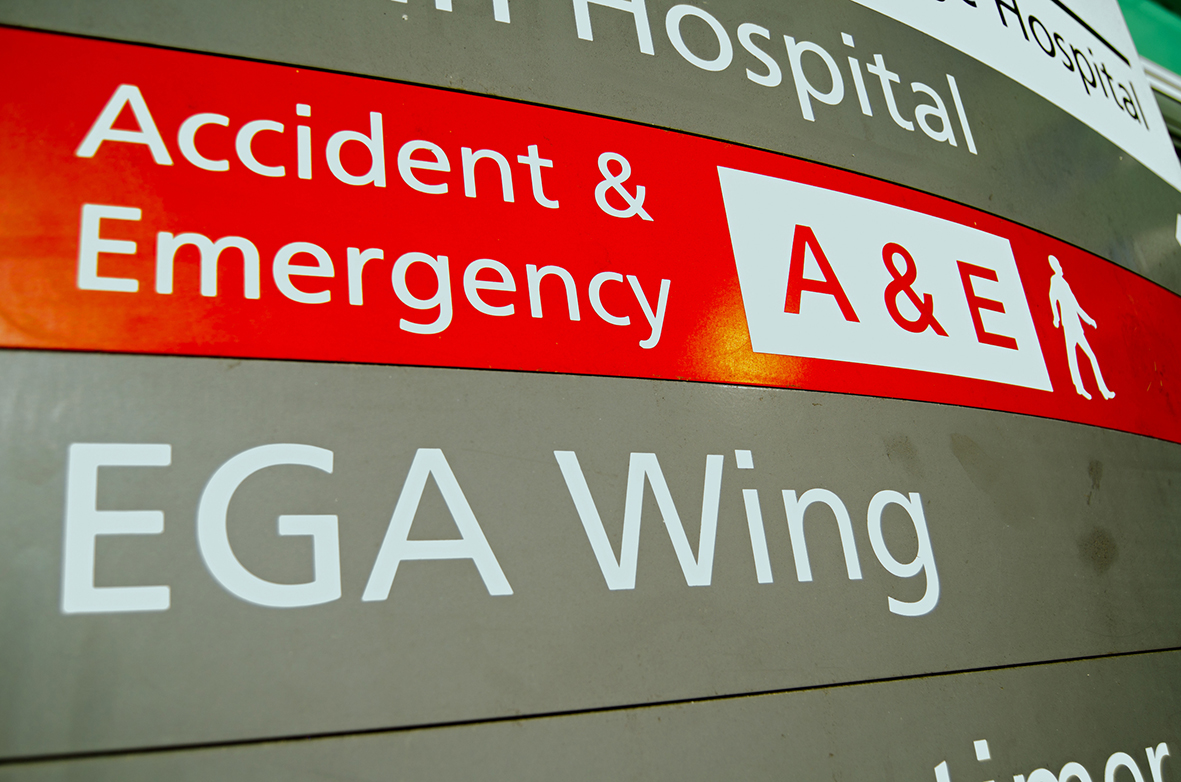Government challenges medical devices firms to improve NHS

The UK’s government is urging businesses to apply for a share of up to £1.5 million to support real-world testing of medical devices and digital technology that could make the NHS more efficient, and enable earlier diagnosis of cancer.
Government agency Innovate UK and the Office for Life Sciences are working in partnership to invest the money in business projects involving medtech.
Life sciences has been identified as an important area for investment in this prime minister’s industrial strategy, with its turnover of £70 billion, employing nearly 235,000 people.
Most companies in the sector are small, however, and finding real world evidence to support use of their innovations in the NHS is challenging.
The agencies said in a joint statement that the funding will help business collect the evidence.
Funding will support development or design of plans for collection of data on clinical performance and cost effectiveness, or studies that collect the data.
It is aimed at small and medium-sized companies that have developed and manufactured innovative health technology, have gained a CE marketing for it, and have marketed it in the UK for less than five years.
The projects should address NHS priorities such as reducing cancellations or unnecessary appointments, reducing the burden on A&E, improving patient safety, and faster and earlier diagnosis of diseases such as cancer.
Projects could also support management of long-term conditions such as diabetes, chronic pain management, cardiovascular disease, asthma, and chronic obstructive pulmonary disease.
The competition opens on 26 November and closes at midday on 30 January next year.
Projects must be led by an SME working alone or with others, and only the SME can claim funding.
Planning and preparations projects are expected to have costs up to £50,000 and actual studies could have costs up to £250,000.
Projects are expected to last between three and 12 months and businesses could cover up to 50% of the project costs. Interested parties can apply here.












